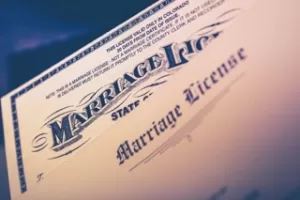NOTE
All legal references are made with respect to Indiana law. Please check the laws of your local jurisdiction if you live in another state.
The articles in this blog are for informational purposes only. No attorney-client relationship is established through the publication of these articles.
When you’re considering legal action to recover money or resolve a dispute, choosing the right court is essential. In Indiana, many civil disputes can be filed either in Small Claims Court or Superior Court, but each has distinct procedures, limits, and expectations that can significantly affect your case.
Small Claims Court is designed for relatively straightforward disputes, typically involving $10,000 or less. It’s meant to be accessible for individuals without legal representation, featuring simplified procedures and faster resolution. Cases in small claims often include landlord-tenant issues, unpaid debts, minor contract disputes, or damage to personal property. Because the rules of evidence and procedure are relaxed, Small Claims is an efficient option when the legal issues are not overly complex.
Superior/Civil Court, by contrast, handles larger and more complex civil matters—including personal injury lawsuits, business disputes, and cases involving significant damages or legal complexity. If your claim exceeds the monetary limits of Small Claims or if it involves nuanced legal questions, expert witnesses, or substantial discovery, Superior Court may be the better venue. These cases follow formal rules of evidence and civil procedure and often require attorney involvement.
Deciding where to file can affect your costs, the time it takes to resolve your case, and even your chances of success. If you’re unsure which path to take, consulting with an attorney can help you weigh your options and avoid procedural missteps that could hurt your case. Our office offers guidance and representation in both Small Claims and Superior Court—contact us today to discuss the best strategy for your situation.
If you have additional questions, or need assistance with your legal matter, contact our office at (317) 514-2681 to schedule a consultation. You can also schedule your own consultation here. We look forward to helping you.







